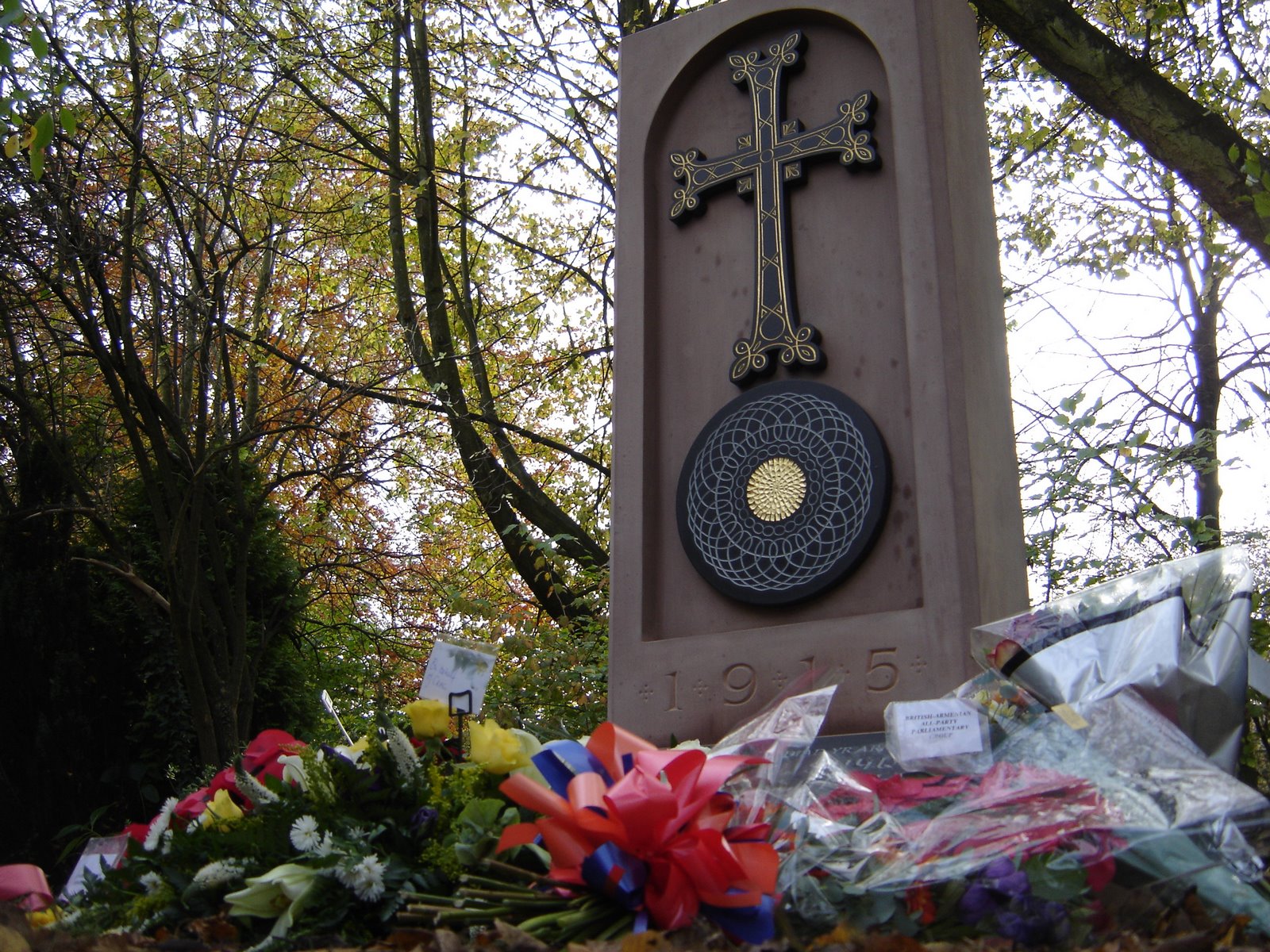More and more websites are being blocked in Turkey on a routine basis
After a month of grey London, it was sheer joy to land in Istanbul and step out into sunshine brighter than the orange easyJet plane that brought me to it. What wonderful weather, I thought to myself.
I sailed through customs at the delightfully small Sabiha Gökçen Airport and promptly arranged for the Havaş driver to take his bus via Levent, which is closer to home, rather than direct to Taksim, which is slap bang in the centre of town. This he did just for me. What wonderful people, I thought.
Then I jumped on a minibus to realise I didn’t have change for the fare, and made to get off to find a cash machine. But another passenger jumped up and paid the driver for me. What a wonderful country this is.
So when I settled down in front of my computer that evening for my semi-regular tromp around a few favourite websites, I was feeling rather happy about things. And happy I stayed, right up until I typed in the address for Jake’s Foreign Perspectives blog and was confronted with a rather rude message, complete with dodgy translaton:
Access to this site has been suspended in accordance with decision no: 2007/195 of T.C. Fatih 2.Civil Court of First Instance.”
Turkey has banned WordPress, the blogging platform. This is not a move without precedent; the popular definitions site ekşisözlük and, more famously, YouTube have both been blocked in the past. Turk Telekom’s virtual monopoly on internet access in Turkey makes a ban an easy thing to enforce. There is, after all, just the one service provider to submit a court order to. Such a ban wouldn’t be as easy in a place like Britain, where multiple companies maintain the country’s internet infrastructure.
The man behind this ban is the Turkish creationist Adnan Oktar, more popularly known by his pen name Harun Yahya. It seems Mr Oktar took offence at some sentiments expressed about his person on a certain WordPress blog, and proceeded to have his lawyers ban the entire platform. Mr Oktar’s lawyers were also behind the ekşisözlük ban, which was only lifted after the entries about him were deleted.
Censorship in Turkey has long been extensive. When it comes to certain sensitive subjects – be it the Kurds, the Armenians, the hidden state or the military – Turkish journalists have always exercised a degree of self-censorship. Even ordinary Turks have a habit of lowering their voices when talking politics, lest they be overheard. In such an environment, the mere recalling of books and banning of websites can be almost second nature.
But despite its long history of censorship, the Turkish state has yet to realise that it just doesn’t work. When YouTube was banned for an anti-Atatürk video that appeared in its wares, every other Turkish internet user found a way of watching the video to see out what the fuss was about. I myself have met authors who are delighted when their books are banned and taken away by the police. It makes people want to read them. Surely it’s like dealing with a spoilt child – giving attention only makes it worse.
I have very little time for Mr Oktar. He is not an intelligent man. The legal action he has taken against certain WordPress blogs are completely in character and, as far as I can see, without much justification. I don’t see how a tiny blog can do much personal harm to him.
But my personal thoughts aside, there is a bigger issue here – the fact that it is possible to ban parts of the Internet in Turkey. The courts should not be able to close entire websites in responsible to a single libel claim. More important than that, though, the internet access of an entire country should not rest in the hands of one single company, however privatised it might be. It’s time to break up Turk Telekom.







